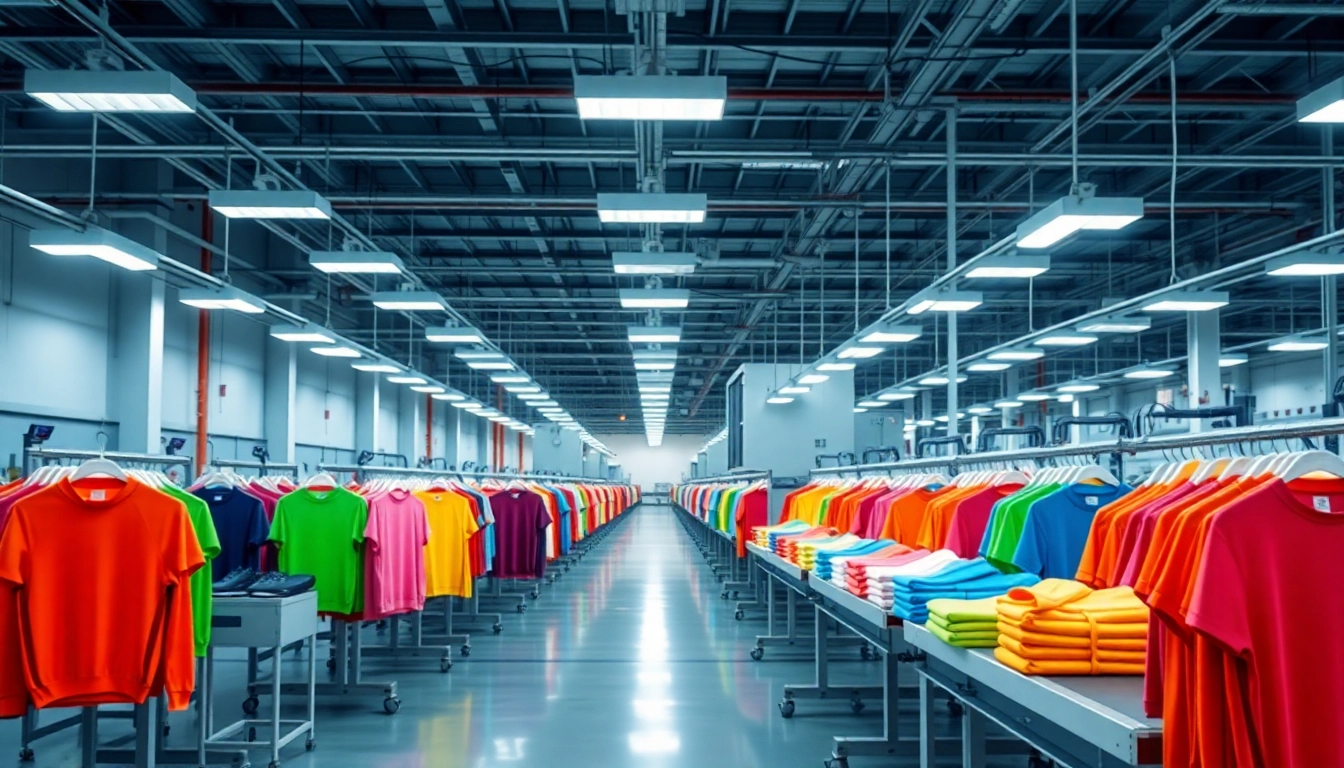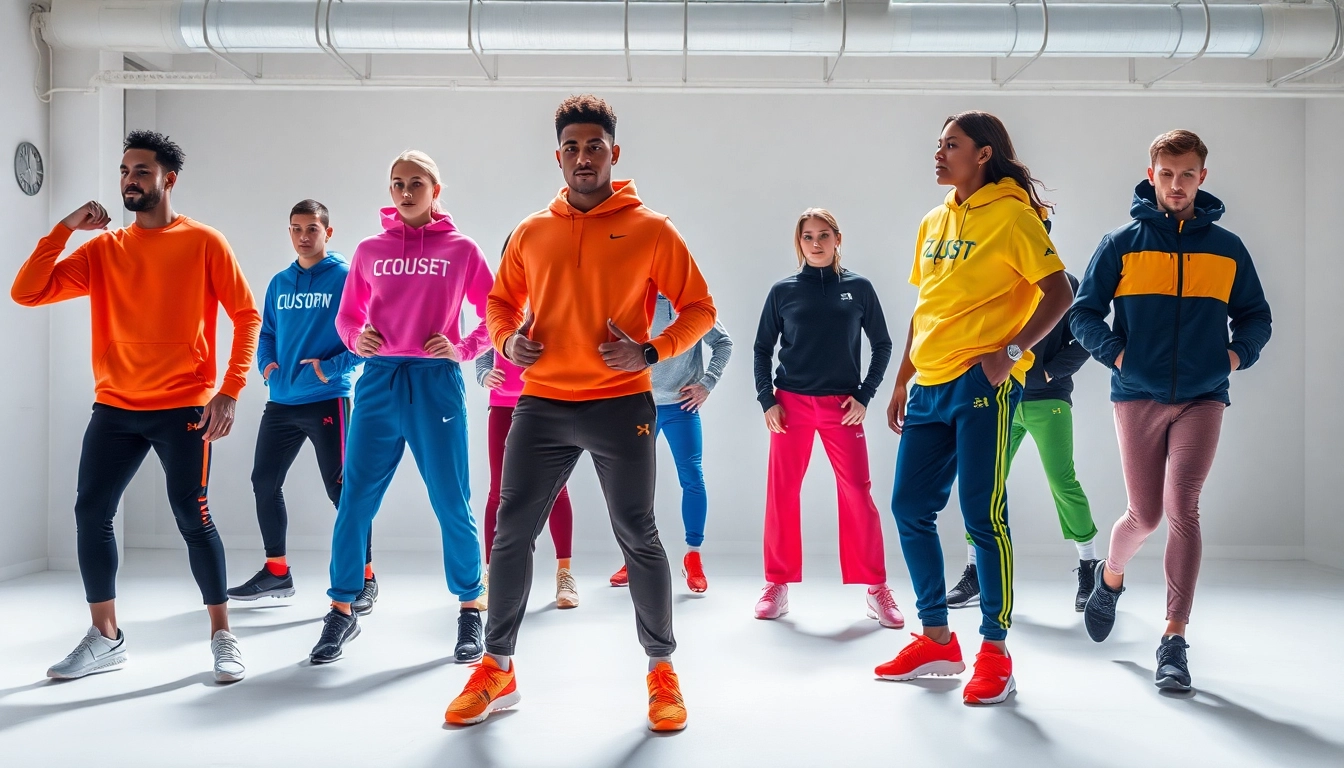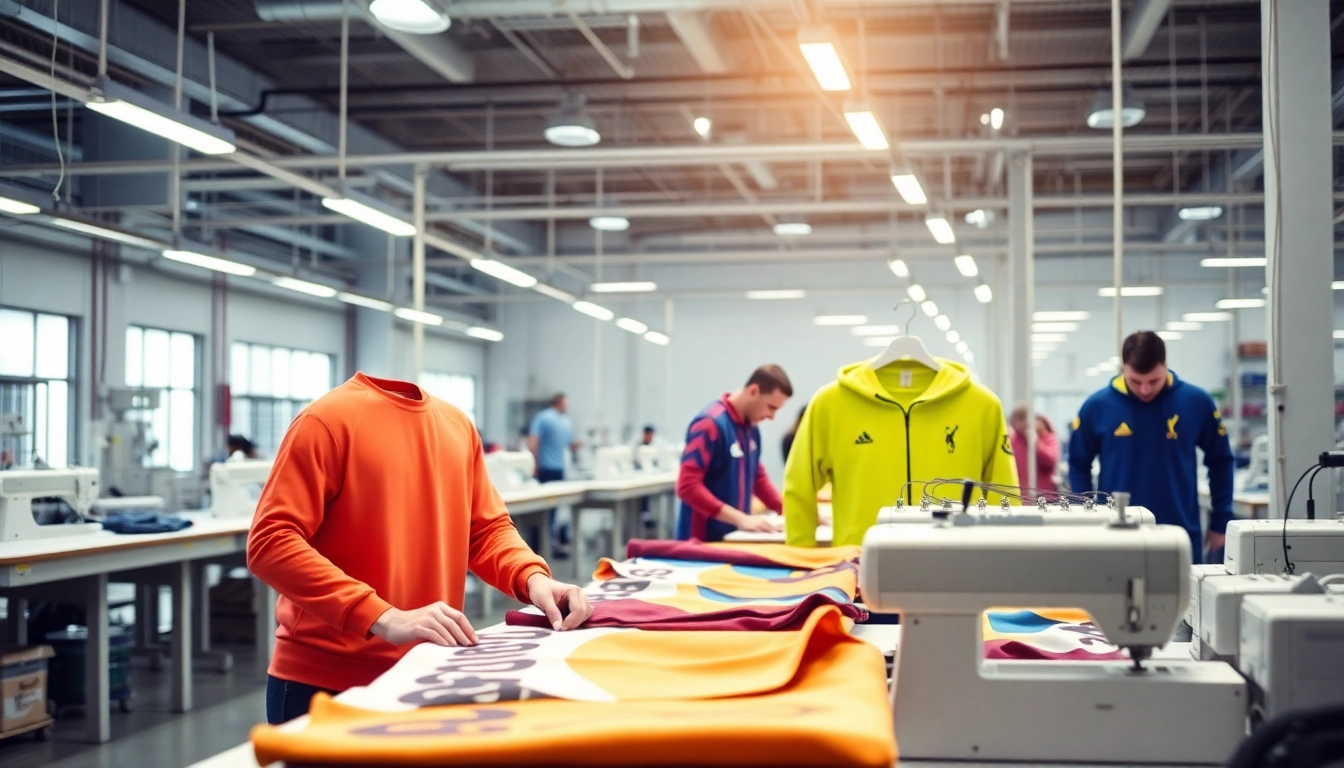Introduction to Private Label Sportswear Manufacturing in Pakistan
The global sportswear market has witnessed exponential growth over recent decades, driven by rising fitness awareness, the popularity of sports and athleisure, and brand-conscious consumers seeking personalized athletic apparel. Among the key players facilitating this expansion are private label sportswear manufacturers in Pakistan, who offer customizable manufacturing services that enable brands to establish distinct identities in a competitive landscape. Private Label Custom Sportswear Manufacturer in Pakistan provides a strategic advantage for startups and established brands alike seeking high-quality, cost-effective production solutions tailored to their specific needs.
Understanding Private Label Manufacturing and Its Benefits
Private label manufacturing involves a process where a company outsources the production of its branded sportswear to a third-party manufacturer. This allows brands to focus on marketing, distribution, and customer engagement while the manufacturer handles design, sourcing, and production. Such arrangements offer numerous benefits, including:
- Cost Efficiency: Manufacturers in Pakistan leverage cost-effective labor and manufacturing facilities, which translate into competitive pricing for bulk orders.
- Customization: Private label sportswear manufacturers offer extensive customization options, from fabric choices and colorways to logos, embroidery, and advanced printing techniques.
- Scalability: Easily scale production volumes up or down based on market demand without significant investment in infrastructure.
- Faster Market Entry: Partnering with an experienced manufacturer accelerates the product development cycle, enabling brands to respond quickly to market trends.
- Quality Control: Reputable manufacturers maintain strict quality standards conforming to international compliance, ensuring product durability and safety.
Choosing the right manufacturer is crucial for optimally capitalizing on these benefits, which is why understanding industry standards and specific service offerings is essential.
Overview of Pakistan’s Sportswear Industry and Market Potential
Pakistan, especially cities like Sialkot, has established itself as a manufacturing hub for sports and athletic apparel. The country’s rich textile heritage, combined with modern manufacturing infrastructure, positions it as a top destination for private label sportswear production. According to industry reports, Pakistan’s sportswear sector is poised for sustained growth, driven by increasing domestic demand and expanding exports to international markets.
The country’s capacity encompasses a wide range of technical expertise, including advanced sublimation, heat transfer, embroidery, and cutting-edge fabric technologies. Moreover, the competitive pricing and flexibility offered by Pakistani manufacturers attract numerous international brands seeking reliable outsourcing partners.
This growth potential is reinforced by significant investments in quality standards, compliance with global certifications (like ISO and OEKO-TEX), and technological upgrades, making Pakistan not only a manufacturing powerhouse but also a strategic partner for brand owners aiming for high-quality, customizable sportswear.
Why Choose Pakistan for Custom Sportswear Production?
Facilitating manufacturing partnerships in Pakistan offers several distinctive advantages:
- Cost-Effectiveness: Lower labor and material costs result in more competitive pricing, enabling brands to maximize profit margins or offer attractive retail prices.
- Capacity for Large Volumes: The country’s established infrastructure supports high-volume orders, essential for brands targeting sports teams, academic institutions, and retailers.
- Rich Textile Expertise: With decades of experience in fabric manufacturing, Pakistani firms deliver high-quality textiles suitable for various sports applications.
- Flexibility and Customization: Manufacturers commonly provide extensive options in styles, fabrics, and finishing techniques, supporting diverse brand identities.
- Proximity to Emerging Markets: Geographical location facilitates efficient logistics for markets across Asia, the Middle East, and Africa, reducing shipping times and costs.
In an era where branding and product differentiation are pivotal, Pakistan’s manufacturing sector offers a strategic blend of quality, flexibility, and affordability.
Key Features of a Top Private Label Sportswear Manufacturer
Customization Options: From Fabrics to Finishes
Leading manufacturers distinguish themselves by providing diverse customization options to cater to distinct brand requirements. These include:
- Fabric Selection: Choices range from moisture-wicking polyester, breathable mesh, stretch materials, to eco-friendly fabrics, ensuring performance and sustainability.
- Design and Style: Capabilities include pattern making, multiple cut styles, and diverse color schemes aligned with branding concepts.
- Branding Elements: Embroidery, screen printing, sublimation, heat transfer, and appliqué techniques enable high-quality logo placement and decorative details.
- Finishing Techniques: Custom stitching, seam construction, and specialized dyeing or finishing processes enhance durability and aesthetics.
Such flexibility allows brands to create unique collections that resonate with target markets, whether for professional athletes or casual consumers.
Quality Control and Compliance Standards
Top-tier Pakistani manufacturers emphasize rigorous quality assurance protocols. From raw material sourcing to final inspection, they adhere to international standards, including ISO certifications, OEKO-TEX standards, and social compliance certifications like BSCI. This focus on quality reduces defect rates, enhances consumer confidence, and streamlines export processes.
Manufacturers often implement multi-stage quality checks, including laboratory testing for colorfastness, tear strength, and chemical safety, ensuring products meet both domestic and global regulations.
Minimum Orders, Pricing, and Lead Times
While some manufacturers impose minimum order quantities (MOQs), many offer flexible terms suitable for startups and small brands. Pricing structures are typically volume-based, with discounts increasing for larger orders. Lead times can range from as short as 4-6 weeks for standard orders to longer periods for highly customized or large-volume productions.
Transparent communication regarding timelines and costs is essential for effective collaboration, ensuring product launches align with market strategies.
How to Select the Right Partner for Custom Sportswear
Evaluating Experience, Capabilities, and Portfolio
Prospective partners should demonstrate extensive industry experience, a diverse portfolio of successful projects, and technological capabilities aligned with current industry standards. Reviewing case studies, client testimonials, and seeking references help validate their competence and reliability.
It is also valuable to assess their capacity for innovation and adaptability to emerging trends and technical requirements.
Communication, Design Support, and Flexibility
An effective manufacturer acts as a collaborative partner, offering design assistance, sampling, and flexible communication channels. They should facilitate quick feedback loops, accommodate iterative revisions, and align with your brand vision seamlessly.
Proactive engagement and dedicated account managers contribute significantly toward a smooth development process.
Client Testimonials and Case Studies
Evaluating real-world examples of successful collaborations provides insights into a manufacturer’s professionalism, adherence to timelines, and quality standards. Leading companies often showcase case studies involving sports teams, activewear brands, or fitness chains, highlighting their capacity to deliver tailored solutions and consistently meet expectations.
Implementation Steps for Private Label Sportswear Orders
Design Concept and Sample Development
The process begins with clear design briefs, including sketches or digital mockups, fabric preferences, and branding elements. Manufacturers produce prototypes or samples for review, enabling iterative refinement before mass production.
Production Planning and Quality Assurance
Once sample approval is received, detailed production planning ensues, covering order quantities, timelines, and quality checkpoints. Manufacturers employ quality assurance teams to monitor each phase, maintaining consistency and adherence to specifications.
Shipping, Delivery, and Post-Production Support
Efficient logistics solutions ensure timely delivery to intended markets. Post-production support includes handling defects, managing reorders, and providing ongoing communication for future collaborations.
Driving Business Growth with Customized Sportswear
Brand Building and Differentiation Strategies
Customized sportswear plays a pivotal role in establishing a strong brand identity. Unique designs, high-quality materials, and consistent branding help differentiate your products from competitors and foster customer loyalty.
Effective Marketing and Distribution Channels
Leveraging online platforms, sports events, and retail partnerships enhances product reach. Collaborations with fitness influencers or sponsoring sports teams can amplify brand visibility.
Measuring Success and Scaling Operations
Tracking KPIs such as sales volume, customer feedback, and market penetration guides strategic decisions. Scaling manufacturing capacity in response to increasing demand ensures sustained growth.


